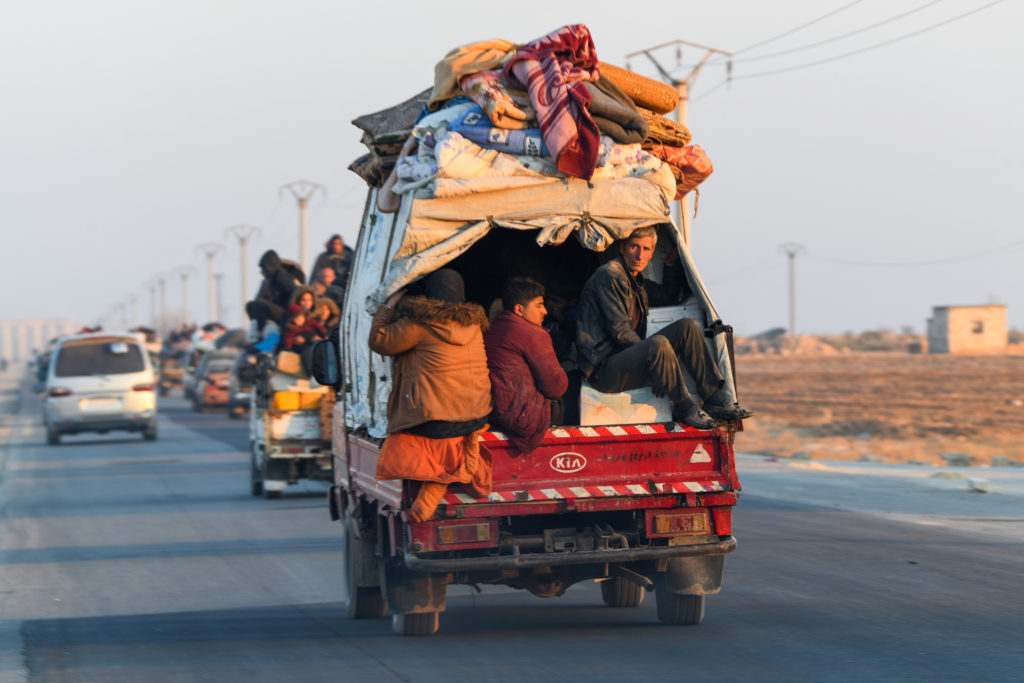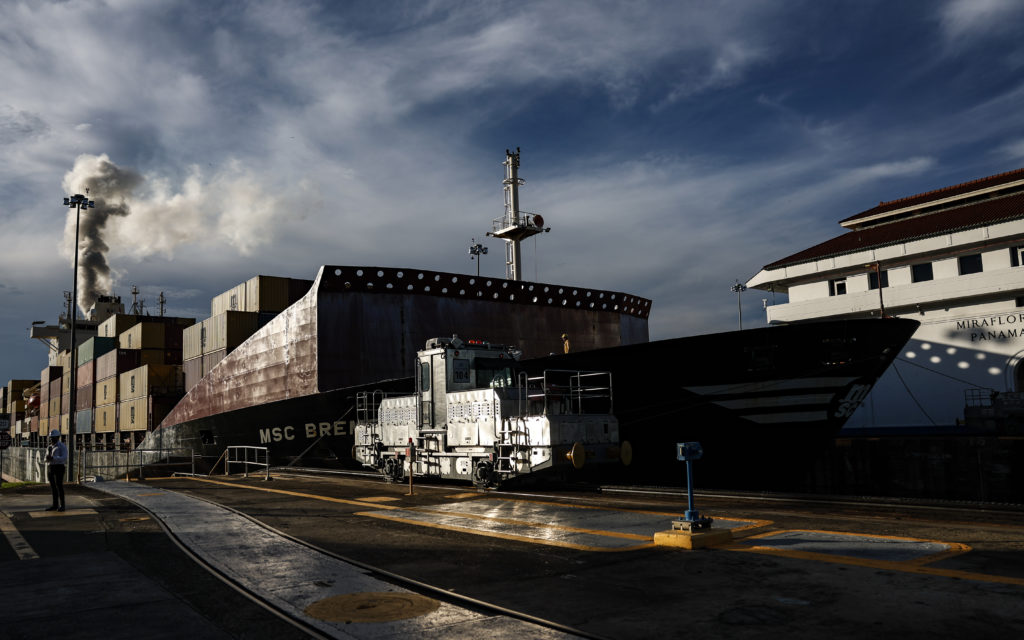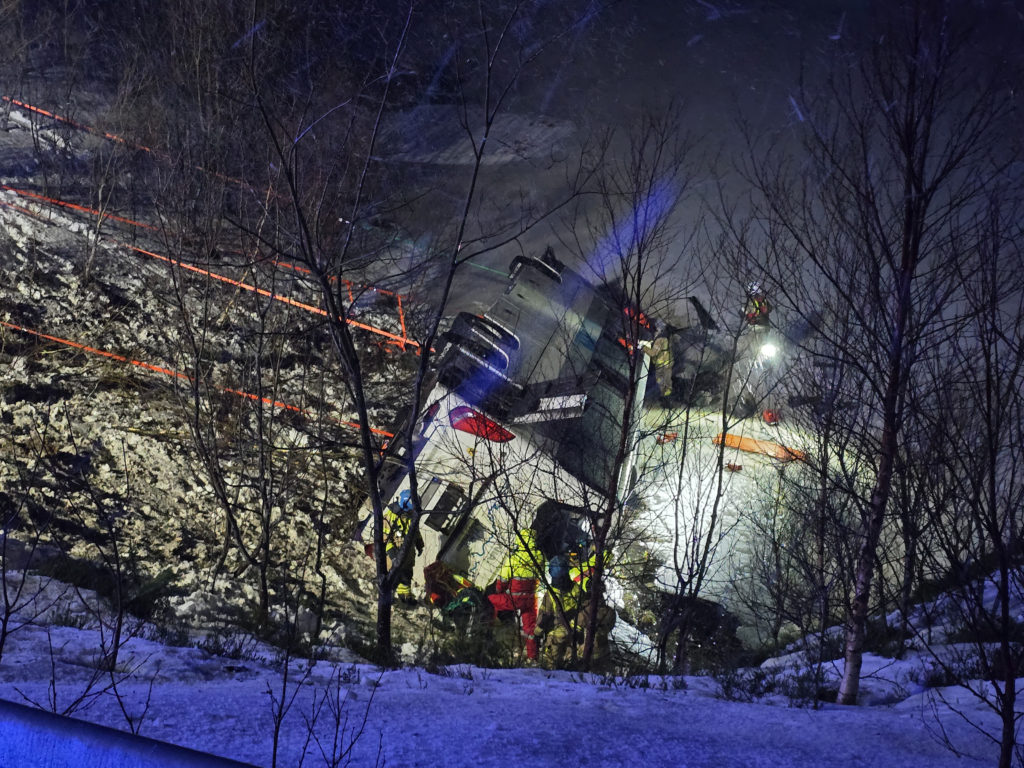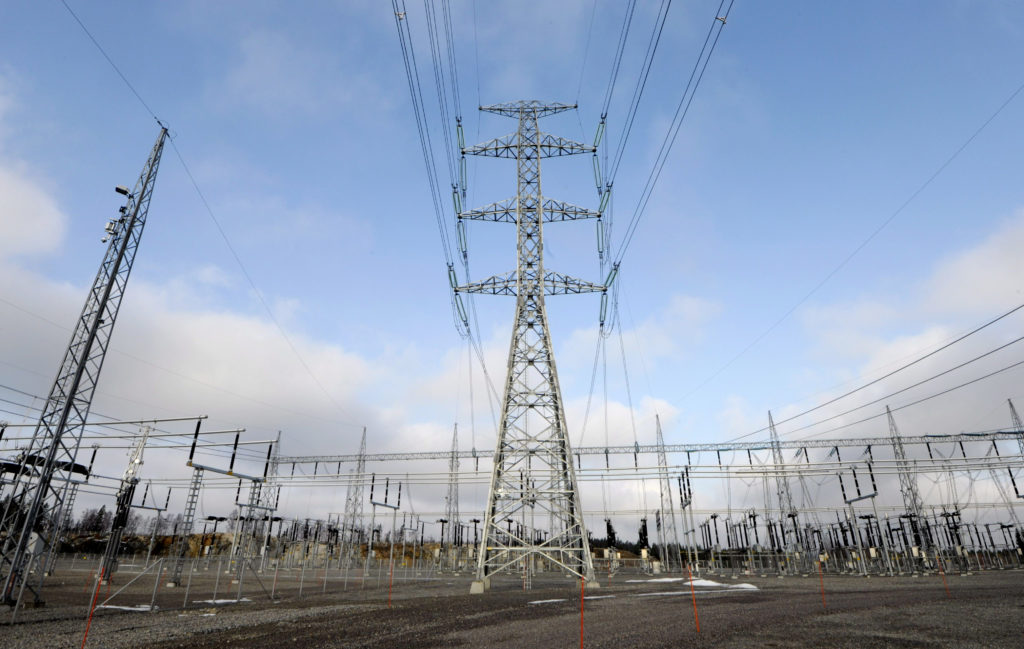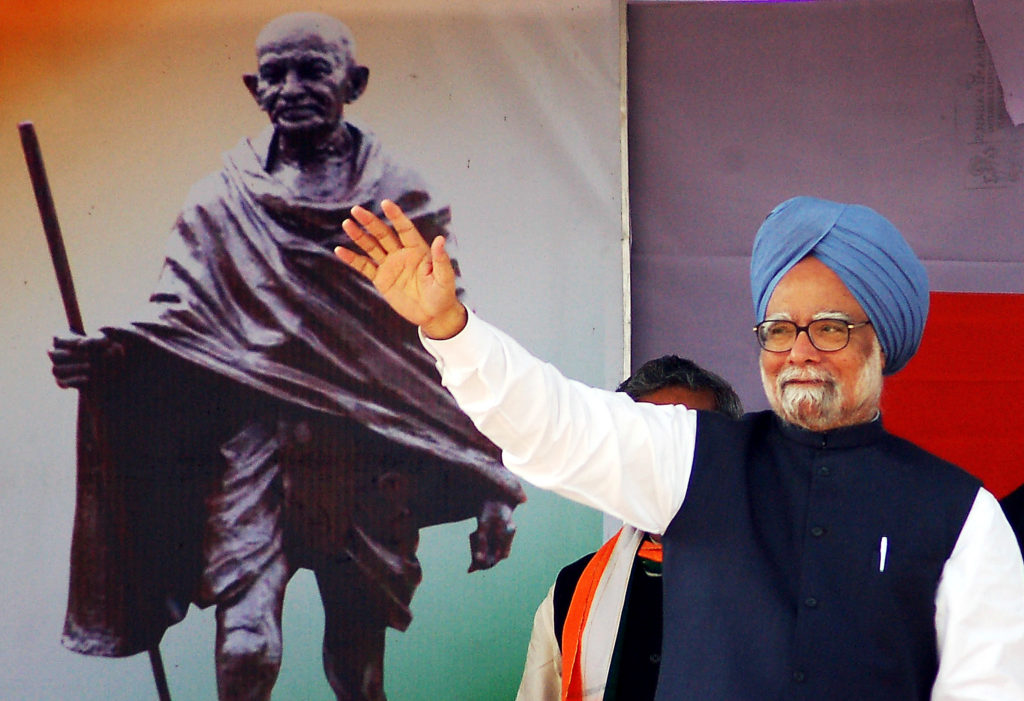The United Nations warned Tuesday that already unprecedented levels of forced displacement are set to worsen in 2025 as conflicts and disasters push ever more people to flee their homes.UNHCR, the UN refugee agency, is seeking $10.25 billion next year to tackle the spiralling crises.”We live in a world ravaged by brutal and seemingly endless conflicts that tear lives apart and send people on a desperate flight for safety,” UNHCR chief Filippo Grandi said in a statement.A pledging conference in Geneva saw donor governments promise $1.14 billion — with private sector commitments taking the total pledged to $1.5 billion.”The robust support shown today to refugees and other forcibly displaced people resonates as a much-needed message of solidarity and humanity,” Grandi said after addressing the event.- Funding squeeze -UNHCR said forced displacement was at “unprecedented levels”, with about 123 million people forcibly displaced worldwide.”In 2025, escalating conflicts, intensifying natural disasters and ongoing crises are expected to drive further displacement and suffering,” the agency said.UNHCR said the numbers needing its protection and assistance could reach more than 139 million forcibly displaced and stateless people next year.And though humanitarian aid commitments are “very fragile”, “we cannot afford to give up”, Grandi told the conference.The 2025 appeal was for half a billion dollars less than the 2024 budget — which stands at only 45 percent funded.The United States led Tuesday’s pledges with $200 million, followed by Denmark and Sweden.- Syria, Lebanon, Sudan concerns -Grandi told the conference a reversal of the “extremely fragile” recent ceasefire in Lebanon, between Israel and Hezbollah, would be “really catastrophic”.In neighbouring Syria, Islamist-led rebels launched a lightning offensive last week that has seen them snatch swathes of territory from the Syrian government, including the second city of Aleppo.”We are very worried about the impact that that resumption of the Syrian armed conflict is having and will continue to have,” said Grandi.He said that more than 400,000 Syrian refugees in Lebanon had crossed back into Syria during the Israeli bombardments, while the ceasefire had triggered a flood of Lebanese refugees returning after seeking shelter in Syria.”The events of the last few hours cast doubt about the sustainability of those returns,” said Grandi.The UN refugee chief said he was “very worried” by the situation in Sudan, warning there was no new light at the end of the tunnel, nearly 20 months into the war between the regular army and paramilitaries.The “devastating” conflict had displaced more than 12 million people — more than a quarter of the population, he said.The fighting was affecting women and children “in horrifying ways,” Grandi said. “Rape, mutilation, torture, forced recruitment of children: all sorts of abuse are being perpetrated in Darfur.” Grandi also pointed to the “enormous humanitarian impact” of Russia’s full-scale invasion of Ukraine.UNHCR’s biggest 2025 country programme is for Ukraine at $550 million, followed by Lebanon, Ethiopia, Sudan, Chad, Syria, Jordan, Uganda, Yemen and South Sudan.
Tue, 03 Dec 2024 16:13:00 GMT

